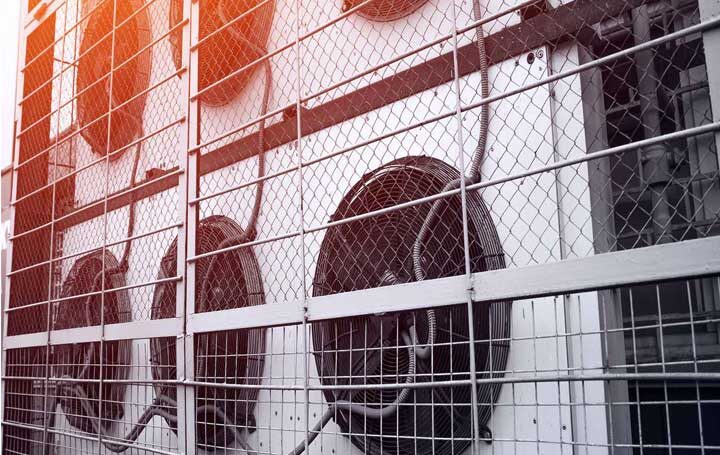Many people find that there are times in the year where air conditioners need to be turned off. A hot home can not only make your life miserable, but it can also cause heat stroke and other health problems. AC is often an essential living expense. However, AC doesn't have to be expensive.
Although commercial HVAC units are generally reliable, there may be problems after a difficult season. Proper maintenance is the best way to avoid any potential problems.
Some of these issues can be fixed easily, but others are more complicated. Always contact a certified technician to fix such issues.
An HVAC professional can be called if a system is not providing heating or cooling anymore, but also for routine maintenance. Here are some of the most common issues that an HVAC professional will check:
1) A worn contactor is a unit that has three contactors. One for each motor: one for the compressor, one for condenser fan motor and one for blower motor. They must be engaged to make an electrical connection. The compressor starts cooling or heating. These contactors can become pitted or arced, which makes it harder for the current to flow through the motor and cause it to start.
2) Blowing fuse - A fuse protects against overheating of the compressor or motor in the unit.
3) The gas valve – This controls the flow of gas from the pipe into the unit. This is only required when heating is used.
4) Capacitors – There are two types: the start capacitor and the run capacitor. They must be replaced if they are to function properly if one of them goes out.
5) Filters - Dirty or clogged filters can cause the unit to freeze by reducing the airflow. If light cannot pass through filters when held up to a source of light, it is time to change them.
6) Thermostat – Often, the thermostat is the problem. They can also be accidentally switched off or set to the wrong settings.
7) Refrigerant leakage - The refrigerant can be found in the condenser or evaporator coils. Technicians can remove any refrigerant remaining, weld the necessary areas, and then recharge the unit to the right refrigerant level.
8) Drain lines - Dirt and algae can clog drain pipes, causing drain pans to overflow and causing water damage.
9) The compressor is the heart of the air conditioning unit. The compressor can overheat if it is not supplied with enough refrigerant. Liquid slugging can occur if there is not enough refrigerant.
10) Condenser coil – These need to be cleaned at least once a year. The condenser coils, which are located outside of the unit, are exposed to the elements and can become dirty. A certified technician should thoroughly clean a condenser coil that is very dirty.
11) Evaporator coil – Depending on your system, the coil might be outside or inside the unit. If it is inside, cleaning is only required once every three years. Professionals should repair any cracks in the evaporator coil.

